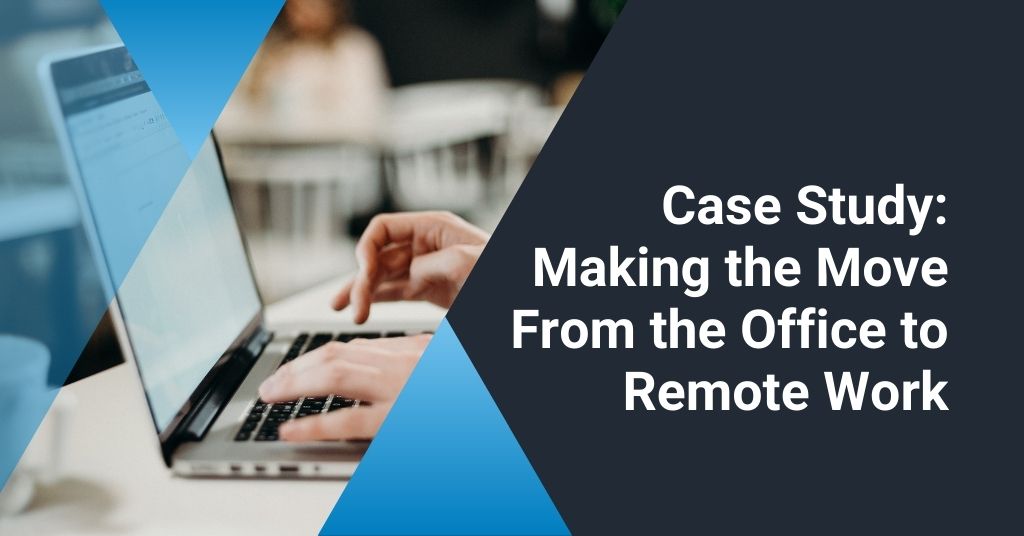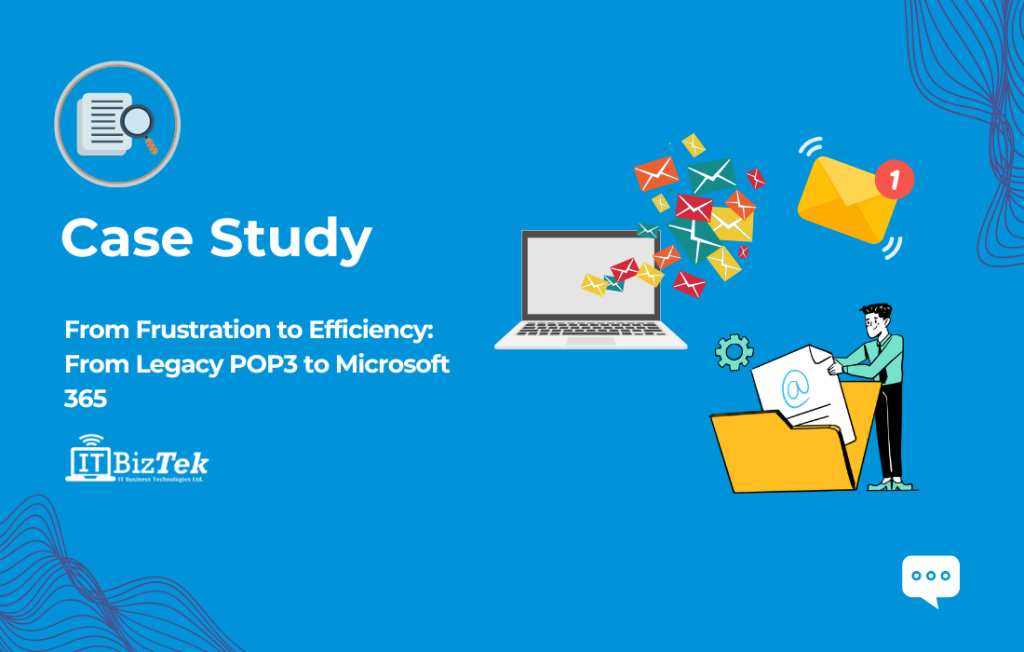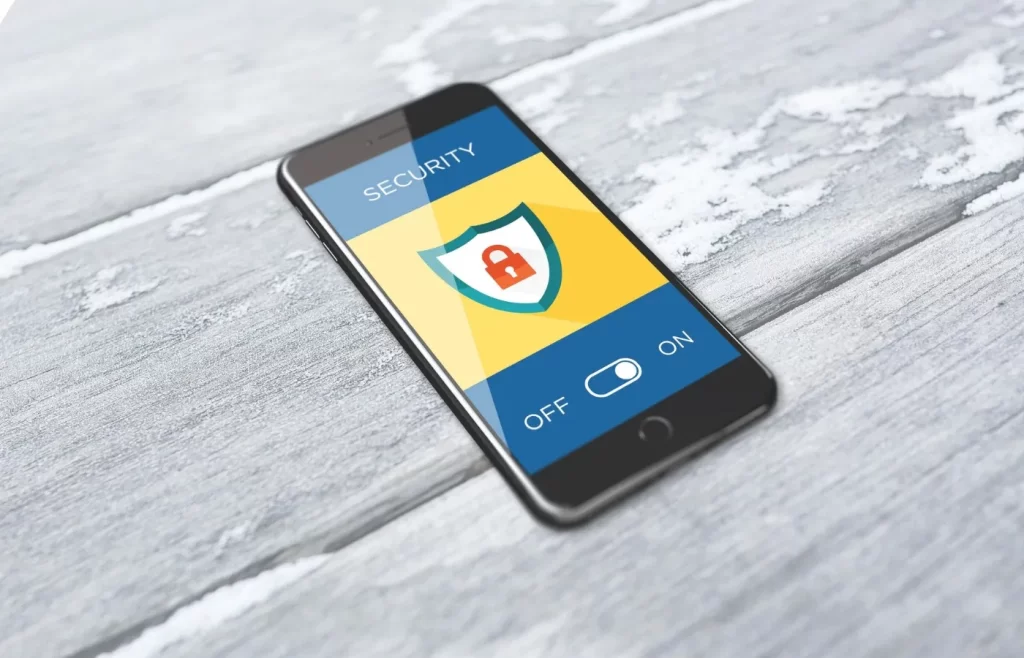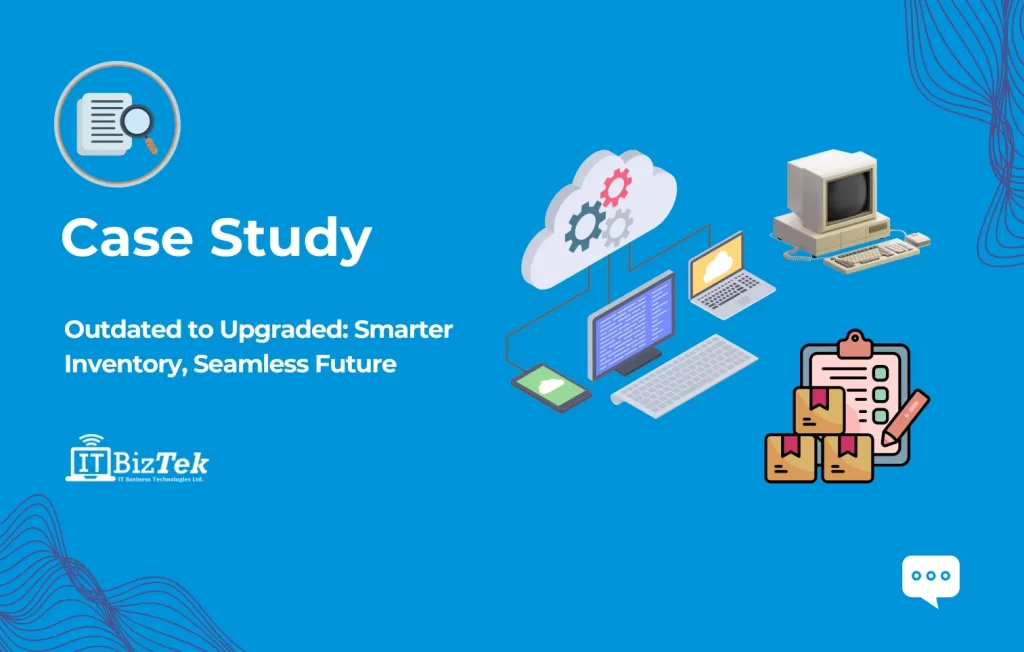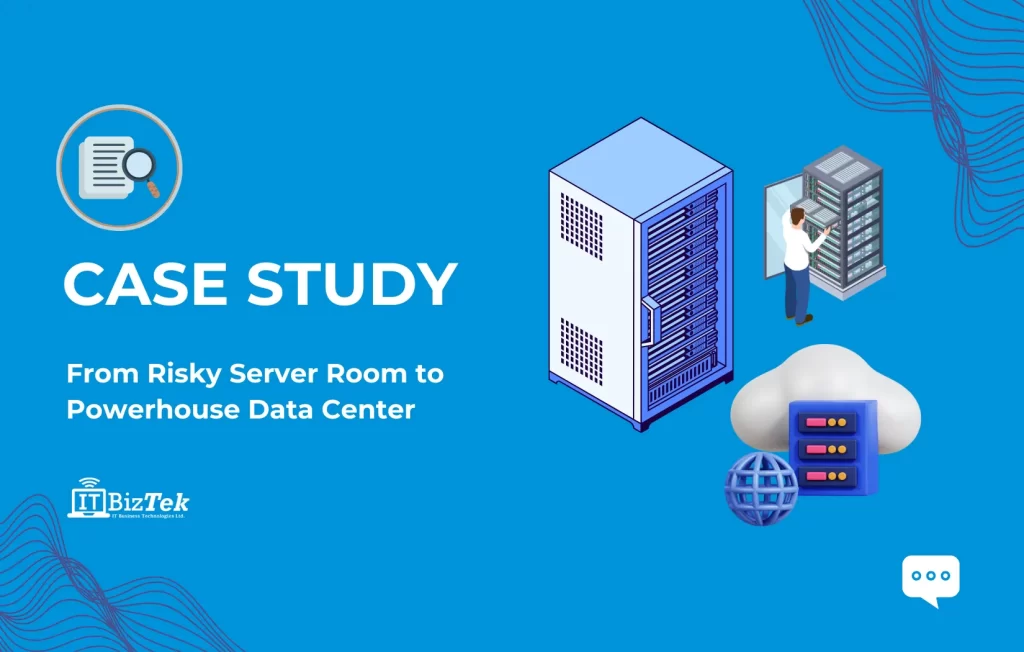Making the move from the office to remote work
A law firm in Toronto integrated a work-from-home work policy that allows their company to access resources, collaborate, and have business continuity with a new remote work network architecture with minimum downtime.
This case study will describe how ITBiztek was able to develop a strategy for this client to access all office resources remotely. This procedure had to be quick and painless, so the team could get back on track without compromising any business, resources, or security.
Using Microsoft 365 and Azure for Remote Work
The company reached out to us when the government implemented workplace restrictions to reduce the spread of COVID-19. This law firm has a server on-premise that was used to store sensitive client information. The networked computers were connected to a switch, that allowed them to share information with other devices on the network.
The firm’s network was secured by a firewall, and the router allowed access to the internet and on-premise server.
The goal was to access these devices on the network remotely. The firm wanted the workers to use their personal computers to access the network resources. The employees of the company needed access to their on-premises applications from home. One issue was that not all of their applications were web-based.
Here were the main points we needed to address:
- Secure connection to the network
- Provide access to network resources from employee’s personal computers
- Provide access to applications from home
Here’s how we connected the employees to the company’s network:
For starters, we ensured all employees using their personal computers used MFA (multi-factor authentication) to increase sign-in security. By implementing Azure AD, we were able to leverage Azure AD Identity Protection. We set some conditional access policies that strengthened security- for example, we forced high-risk users to change their passwords on sign-in.
Our clients were not using a traditional VPN client and none of their apps were web-based, so we used Azure Point-to-Site (P2S) VPN. The P2S VPN connection created a secure connection from the firm’s remote worker’s device in the organization through an Azure virtual network. We implemented Microsoft 365 cloud-based web apps for future collaboration within the team. This included Microsoft Teams, Microsoft Sharepoint, and OneDrive.
The Features of the Remote Work Model
Many businesses benefit from adopting the remote work model. Whether it’s social distancing or geographical distance preventing in-person offices- the remote approach ensures that workplaces remain productive and efficient. In some cases- you can even lower the overhead costs of operating an office. Here are some of the best features when it comes to remote work:
Flexibility: Work with your team on any schedule. No matter the time zone, location, or workspace setup. You can make your workplace more inclusive for everybody.
Zero-trust security: Enabling zero-trust security organization-wide strengthens security so you don’t have to worry about breaches. By enforcing policies such as Multi-Factor Authentication, you can prevent any attacks and vulnerabilities on your network.
Real-time Collaboration: Using cloud-based web apps allows you to collaborate in real-time with your team. For any document, spreadsheet, or presentation- web apps are a great way to work together.
Results
The client was successful in their move from the office to a work-from-home setup. The employees now have access to their on-premise server and apps thanks to Azure’s P2S VPN. The data stored on the server is sensitive, which is why it was important to implement MFA to prevent any security breaches.
The team is also able to collaborate with each other more efficiently with the use of cloud-based apps. They could take meetings with Microsoft Teams, share resources over the cloud using OneDrive, and develope their intranet using SharePoint. ITBiztek was able to guide the client through this transition, by keeping all of their data secure while minimizing downtime. We also offer 24/7 support to our clients to keep their day-to-day operations running smoothly.

